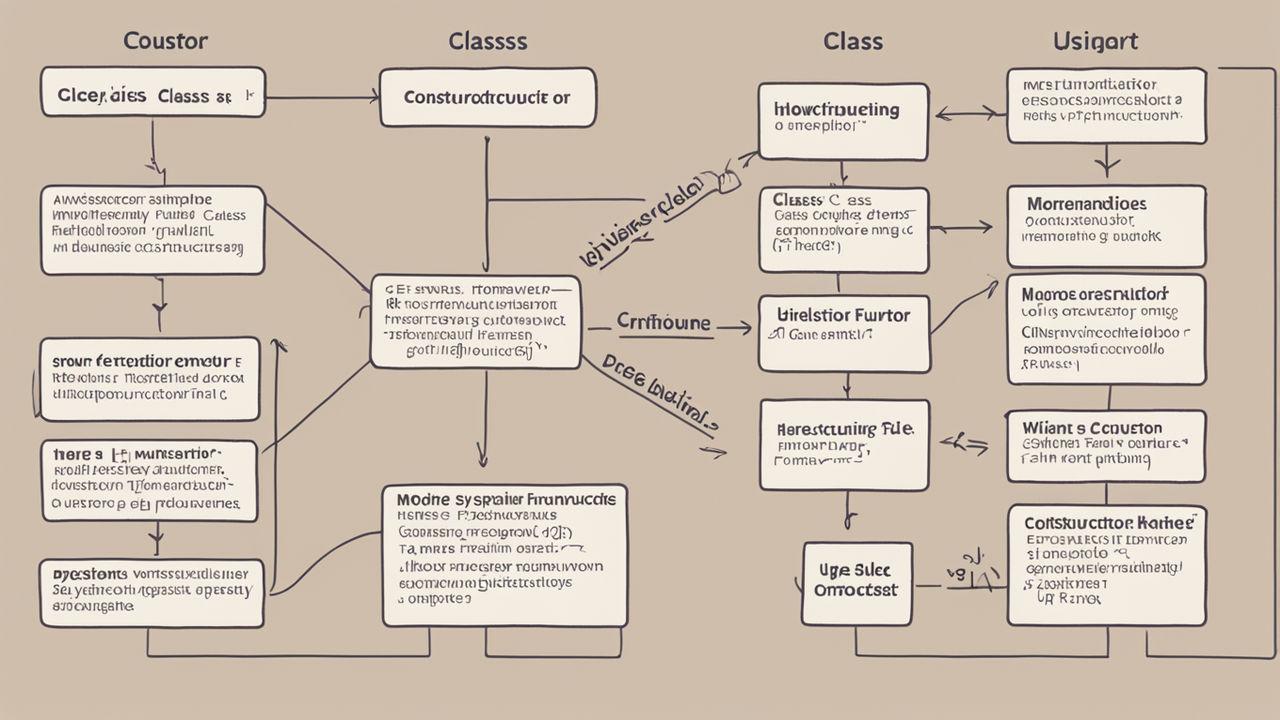Differences Between CommonJS and ES Modules
- 758Words
- 4Minutes
- 09 Sep, 2024
In JavaScript development, modular systems play a crucial role in managing and organizing code. CommonJS and ES Modules are two major modular standards, and they differ significantly in module loading, export mechanisms, and compatibility. This article provides a detailed comparison of the main features and differences between these two module systems.
1. Module Loading
CommonJS:
-
Synchronous Loading: CommonJS uses synchronous module loading. This means that when using the
require()function, the module is loaded and executed immediately. This approach is well-suited for server-side environments (such as Node.js) but can lead to performance issues in the browser, as the browser needs to complete the module loading before proceeding with subsequent code.1// Importing a module2const math = require("./math");3console.log(math.add(2, 3));
ES Modules:
-
Static and Asynchronous Loading: ES Modules support both static and asynchronous loading. Module imports are statically analyzed at compile-time, allowing the JavaScript engine to optimize them. ES Modules also support asynchronous loading through the
importsyntax (using dynamicimport()), which is particularly useful in browser environments.1// Static import2import { add } from "./math.js";3console.log(add(2, 3));45// Dynamic import6import("./math.js").then((module) => {7console.log(module.add(2, 3));8});
2. Module Exports and Imports
CommonJS:
-
Module Exports: Use
module.exportsorexportsobject to export module functionality. You can export objects, functions, or other values.1// Exporting a module2module.exports = {3add: function (a, b) {4return a + b;5},6}; -
Module Imports: Use the
require()function to import modules.1// Importing a module2const math = require("./math");3console.log(math.add(2, 3));
ES Modules:
-
Module Exports: Use the
exportkeyword to export module functionality, supporting named and default exports.1// Named export2export function add(a, b) {3return a + b;4}56// Default export7export default function add(a, b) {8return a + b;9} -
Module Imports: Use the
importkeyword to import modules, supporting importing part of a module or the whole module.1// Importing named export2import { add } from "./math.js";3console.log(add(2, 3));45// Importing default export6import add from "./math.js";7console.log(add(2, 3));
3. Module Resolution
CommonJS:
-
Dynamic Resolution: Module paths are dynamically resolved, allowing the calculation of module paths at runtime. This enables conditional imports or dynamic loading of modules.
1const math = require("./math-" + someCondition + ".js");
ES Modules:
-
Static Resolution: Module paths are statically resolved at compile-time, allowing the compiler to determine dependencies before runtime. This enables static analysis and optimization but does not support dynamic path resolution.
1import { add } from "./math.js";
4. Compatibility
CommonJS:
- Primarily for Node.js: CommonJS is the default module system for Node.js. Browser environments do not natively support CommonJS modules but can use tools like Browserify or Webpack to work with CommonJS modules.
ES Modules:
- Standardized: ES Modules are part of the ECMAScript standard and are widely supported in modern browsers and Node.js. They are recommended for both frontend and backend development.
5. Runtime Behavior
CommonJS:
- Dynamic Loading and Caching: CommonJS modules are loaded and executed the first time
requireis called and are then cached. Subsequentrequirecalls for the same module return the cached module instance.
ES Modules:
- Static Loading and Circular Dependencies: ES Modules support static analysis, allowing dependencies to be resolved at compile-time. For circular dependencies, ES Modules allow partial loading, meaning modules can reference parts of other modules even if they are still loading.
6. Export Values vs. Export References
CommonJS:
-
Export Values Are Copies: In CommonJS, exported values are a copy of the export object. Modifying the exported object does not affect the values seen by other modules.
math.js 1let count = 0;23module.exports = {4add: function (a, b) {5return a + b;6},7getCount: function () {8return count;9},10};1112// app.js13const math = require("./math");14console.log(math.getCount()); // Output: 015math.count = 10; // Does not change the value returned by math.getCount()16console.log(math.getCount()); // Still outputs: 0
ES Modules:
-
Export Values Are References: In ES Modules, exported values are references to the original object. Modifying the exported object will be reflected in other modules.
math.js 1export let count = 0;23export function add(a, b) {4return a + b;5}67// app.js8import { count, add } from "./math.js";9console.log(count); // Output: 010count = 10; // Changes the count in math.js11import { count as newCount } from "./math.js";12console.log(newCount); // Still outputs: 10
Conclusion
- CommonJS is suited for server-side (Node.js) use, with synchronous module loading that is simple and easy to use but requires additional tools for browser support.
- ES Modules are the standardized module system in ECMAScript, supporting static analysis and optimization, suitable for modern browsers and Node.js with better performance and flexibility.
Choosing the right module system can help improve code maintainability and performance. It is essential to select based on project requirements and environment.

